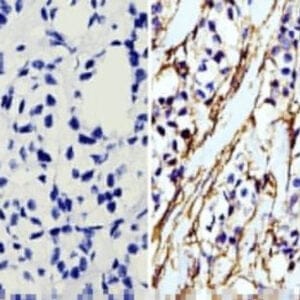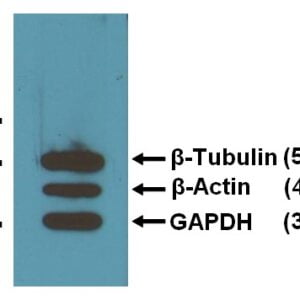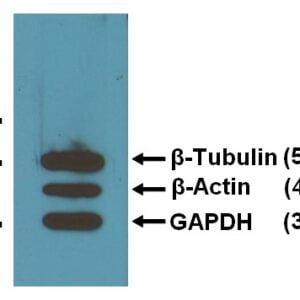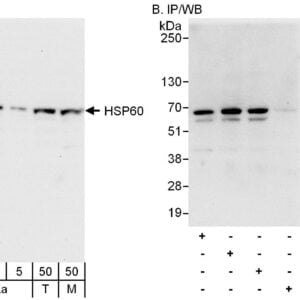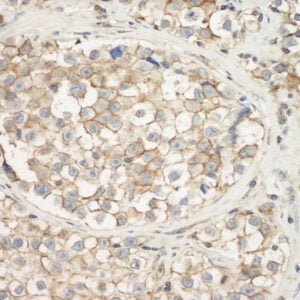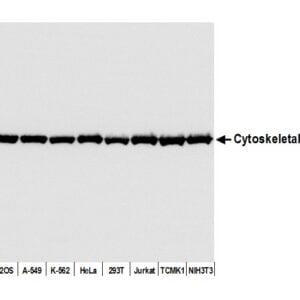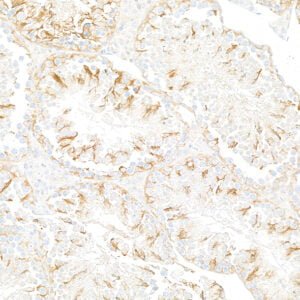Showing 1–10 of 11 results
Loading Control Antibodies
Antibodies used as loading controls are essential tools in molecular biology and protein research to ensure accurate and reliable quantification of protein samples. Loading controls are typically constitutively expressed proteins that serve as a reference or internal standard for normalizing protein levels across different experimental conditions or samples. Antibodies against loading control proteins, such as beta-actin, glyceraldehyde-3-phosphate dehydrogenase (GAPDH), or tubulin, are commonly used for this purpose. These antibodies recognize highly abundant and stable proteins that are present in relatively constant amounts in most cells and tissues. By including a loading control antibody in experimental analyses, researchers can account for variations in protein sample loading, gel transfer efficiency, and antibody detection. This allows for accurate normalization of protein expression levels and ensures that any observed changes in target protein expression or abundance are not due to unequal protein loading. Antibodies used as loading controls provide a valuable reference point and increase the reliability and reproducibility of protein quantification experiments

WB with antibody [5007] : 10µg/lane of mouse brain tissue lysates. 50kDa band is Anti-β-Tubulin (5007) at 1:2000 dilution (0.5µg/mL).

WB with antibody [5132] : 1:1000 (1µg/mL) 5132 vAb dilution used in WB of 20µg/lane tissue lysates from human (1), mouse (2), rat (3), and rabbit (4).
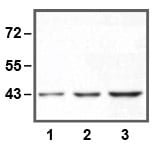
WB with antibody [3427] : 1:10,000 (0.1µg/mL) Ab dilution used in WB of HEK293 cell lysate; 1µg (1), 5µg (2), and 10µg (3) of cell lysate used.

